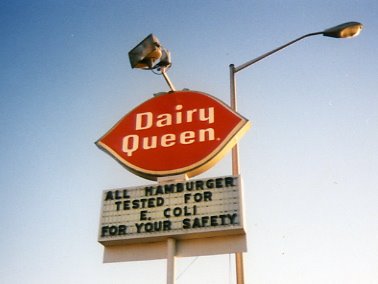Under the UCC, one who has acquired possession based on a voluntary transfer of the goods by the title holder, acquires voidable title if the goods where obtained by fraud or deceit. While the goods are in the hands of the defrauder, the title holder may void the title and retrieve the goods. But under Article 2-403, a person with voidable title may transfer good title to a good faith purchaser for value. So if the defrauder has already sold the goods to a good faith purchaser for value, the title holder may not recover the goods from the buyer.
To be sure, the defrauder is liable to the title holder for the value of the goods. But thieves, even when apprehended, rarely have the means to pay damages.
According to the Daily Beast:
Two young men,
identified as Kaleb Louis, 22, and Maurice Lewis, 20, flew from Houston, Texas,
to Nashville on March 14. While still in the airport, the pair allegedly used a
fake driver’s license and a stolen credit card to rent [a late model Chevy
Suburban.]
After driving off the
lot with the rented Suburban, Louis and Lewis allegedly set about making the
car look like their own. They outfitted the rental with a license plate ripped
from a Toyota Camry in a nearby apartment complex, and forged documents to
indicate that they owned the car. Then they listed the Suburban on the
Nashville Craigslist page.
A Lafayette,
Tennessee, man thought he’d struck Craigslist gold. The Chevrolet Suburban,
normally valued at around $60,000, was selling for half its normal price. All
he had to do was bring $30,000 in cash to a McDonald’s parking lot in
Nashville, and the new vehicle would be his.
But Kyle Whitlow, the
would-be Suburban owner, grew suspicious of the deal when he forked over the
$30,000. The 28-year-old handed the cash to two young men, who gave him the
Suburban and sped off in their own car without even counting the money.
Whitlow’s suspicions grew when he attempted to register the car later that day
and found another name on the registry: EAN Holdings LLC, the parent company of
Enterprise Rent-a-Car.
After selling the
vehicle to Whitlow at McDonald’s, the pair boarded the next flight to Houston.
According to police, they remain at large.
May Enterprise Rent-A-Car, the title holder obtain the car back from Whitlow or did Louis and Lewis pass good title to Whitlow in the parking lot sale? Was Whitlow a good faith purchaser for value? Why or why not?
Spoiler Alert from the Daily Beast:
An Enterprise
representative declined to comment on the Suburban theft, or the frequency of
other thefts from their lots. But with the exception of the license plate
removed from the back of the Suburban, the company saw the car returned in one
piece, police said.


